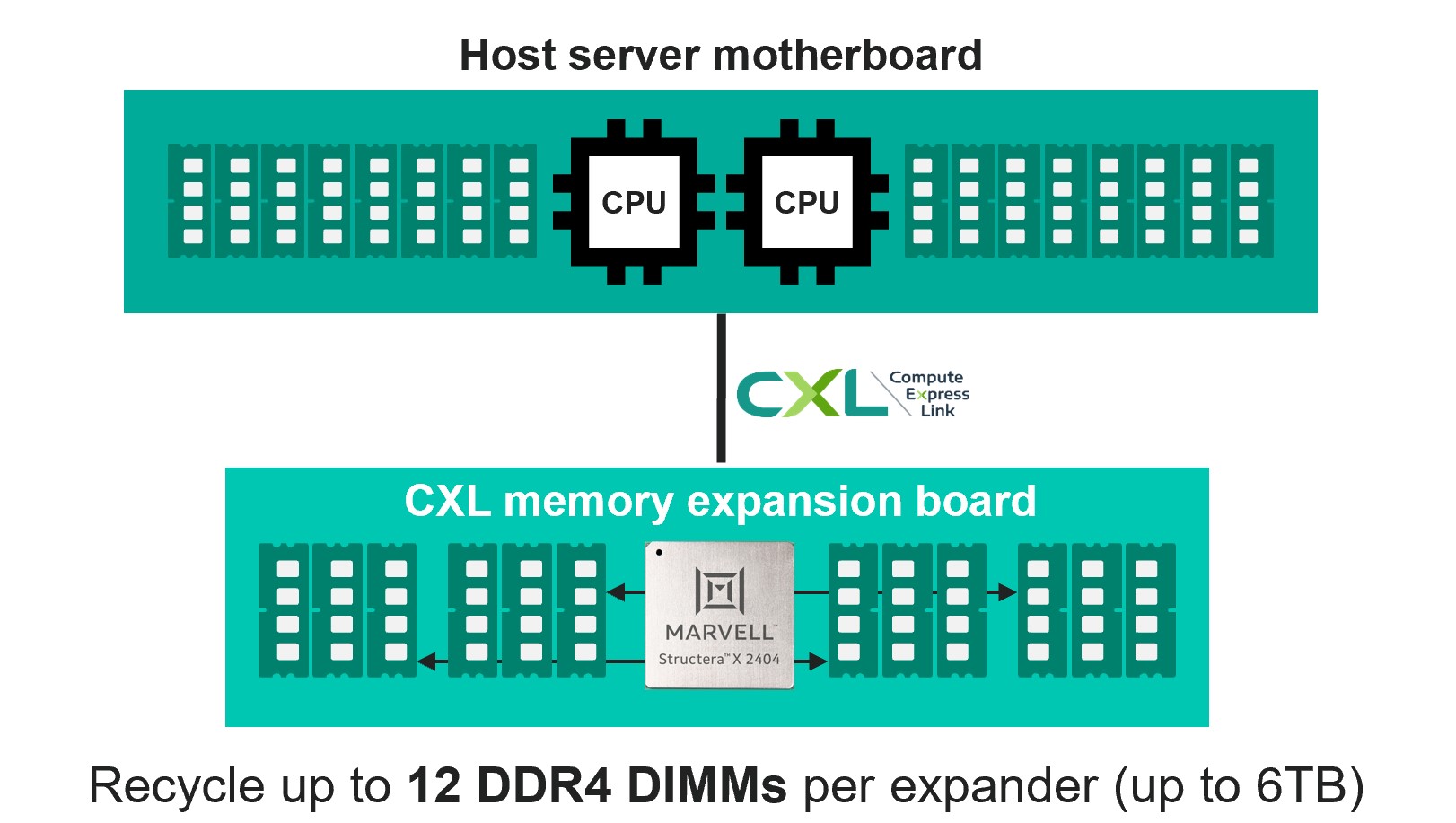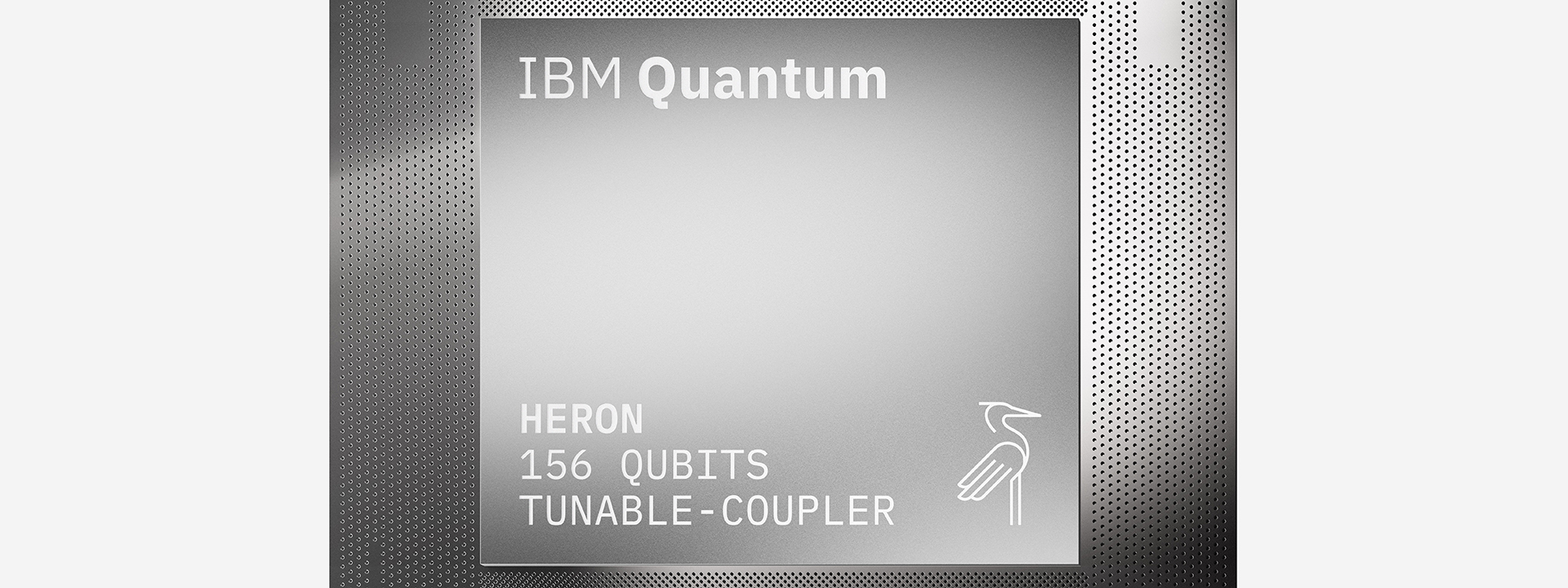Siemens AG recently announced its intended acquisition of Altair Engineering, a global leader in computational science, simulation, and AI software, for $10 billion at a share price of $113, a 19% premium over Altair’s closing price on October 21, 2024.
The acquisition aligns with Siemens’ strategy to strengthen its position in industrial software and deepen its portfolio in AI-powered design and simulation capabilities.
Who is Altair Engineering?
Founded in 1985 and headquartered in Troy, Michigan, Altair Engineering is a global leader in computational science and artificial intelligence. The company specializes in providing software and cloud solutions across several domains:
- Simulation and Analysis: Altair offers advanced tools for product design and development, enabling organizations to simulate complex physical phenomena to optimize performance and efficiency.
- High-Performance Computing (HPC): The company delivers solutions that harness the power of HPC, facilitating large-scale simulations and data processing tasks.
- Data Analytics and AI: Altair’s platforms empower businesses to analyze data effectively, applying AI and machine learning techniques to drive informed decision-making.
Altair services a diverse range of industries—including automotive, aerospace, electronics, energy, and financial services—to assist in enhancing product development processes, reducing time-to-market, and improving overall operational efficiency. As of 2022, Altair employed over 3,000 individuals worldwide.
Strategic Rationale
The acquisition makes sense for Siemens across several vectors:
- Enhanced AI and Simulation Capabilities: Altair’s expertise in simulation, HPC, data science, and AI will be integrated into Siemens Xcelerator, enhancing Siemens’ AI-powered design and simulation portfolios.
- Digital Twin and Product Lifecycle Expansion: Altair’s simulation capabilities, particularly in mechanical and electromagnetic fields, will augment Siemens’ Digital Twin offering, allowing more robust, physics-based modeling. This enables Siemens to generate deeper insights into product lifecycle management and manufacturing processes.
- Revenue and Cost Synergies: Siemens projects revenue synergies of over $500 million annually in the mid-term, rising to over $1 billion in the long-term, driven by cross-selling opportunities across Siemens’ global footprint and industrial base. Cost synergies are expected to contribute an additional EBITDA impact of over USD 150 million annually within two years of closing.
Financial Impact
Beyond the strategic alignment, Siemens’ acquisition of Altair Engineering brings the company several positive financial benefits:
- EPS Accretion: The transaction is projected to be EPS accretive (pre-PPA) by the second year post-closing.
- Revenue Contribution: Siemens anticipates an 8% increase in its digital business revenue, with Altair adding EUR ~600 million to Siemens’ digital portfolio.
- Funding: The acquisition will be fully financed through Siemens’ existing resources, supported by cash from the recent Innomotics divestment and additional financing through listed shares, ensuring no adverse impact on Siemens’ robust balance sheet.
The transaction is expected to close in the second half of 2025, subject to customary regulatory approvals.
Analysis
Siemens is a leader in digital twin technology, a crucial tool for optimizing product lifecycle management. Altair’s strengths in physics-based and electromagnetic simulations enhance Siemens’ Digital Twin offerings, making this an acquisition that plays to Siemens’ long-term vision of leading digital transformation across multiple sectors, from industry to infrastructure and healthcare.
The acquisition of Altair is a strategic fit that will create substantial value through revenue growth and operational synergies. It also aligns with Siemens’ goal of bridging the physical and digital realms to deliver transformative, AI-driven solutions to its global customer base. Integrating Altair’s advanced simulation, HPC, and AI capabilities into its Xcelerator platform, Siemens will give the company one of the most comprehensive AI-driven design and simulation portfolios on the market.
Competitors unable to match Siemens’ expanded AI-powered capabilities and a broad digital portfolio may need to redefine their strategic focus, deepen partnerships, or make acquisitions to maintain relevance. This is a strong acquisition that makes sense on every level.





